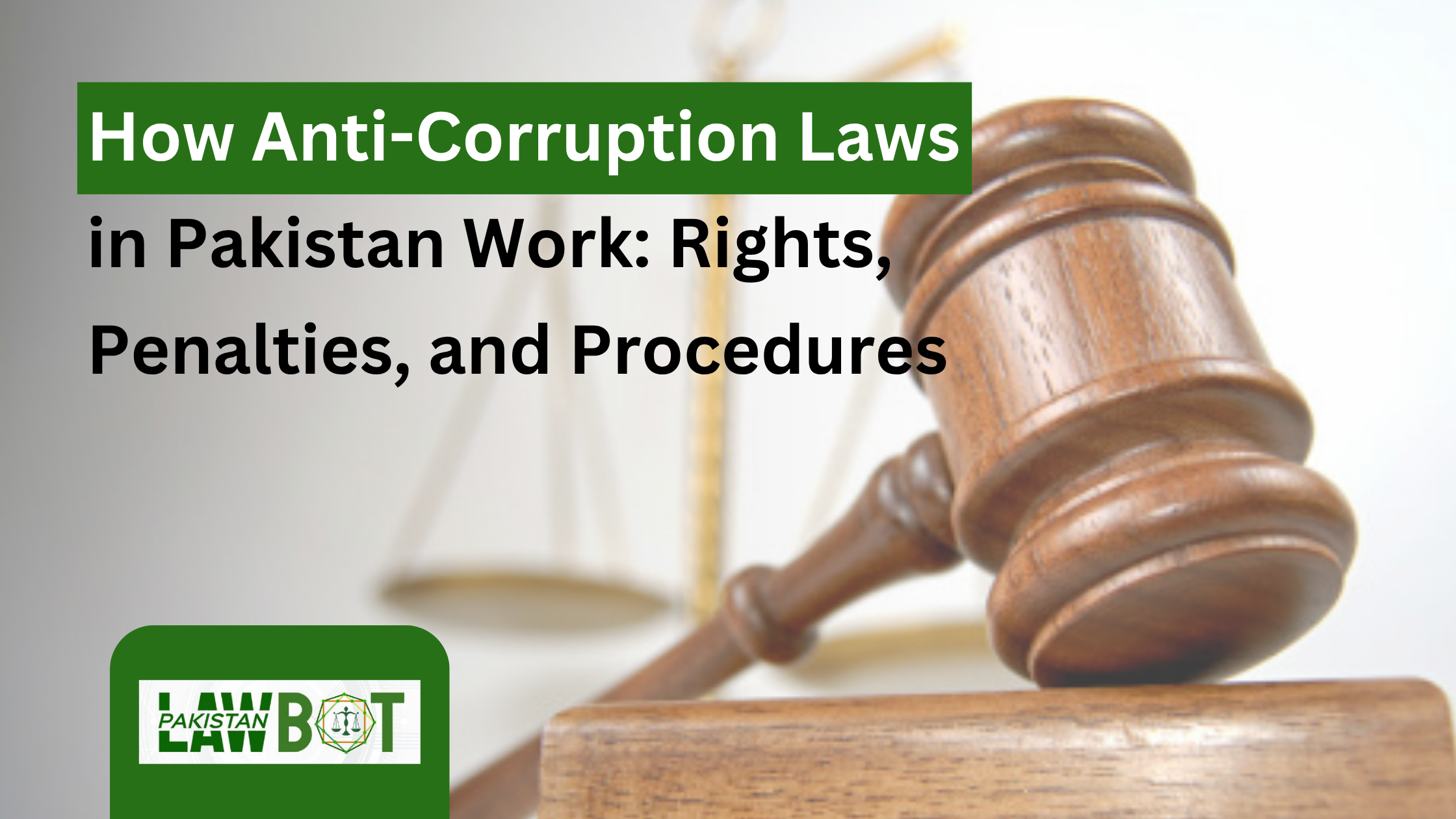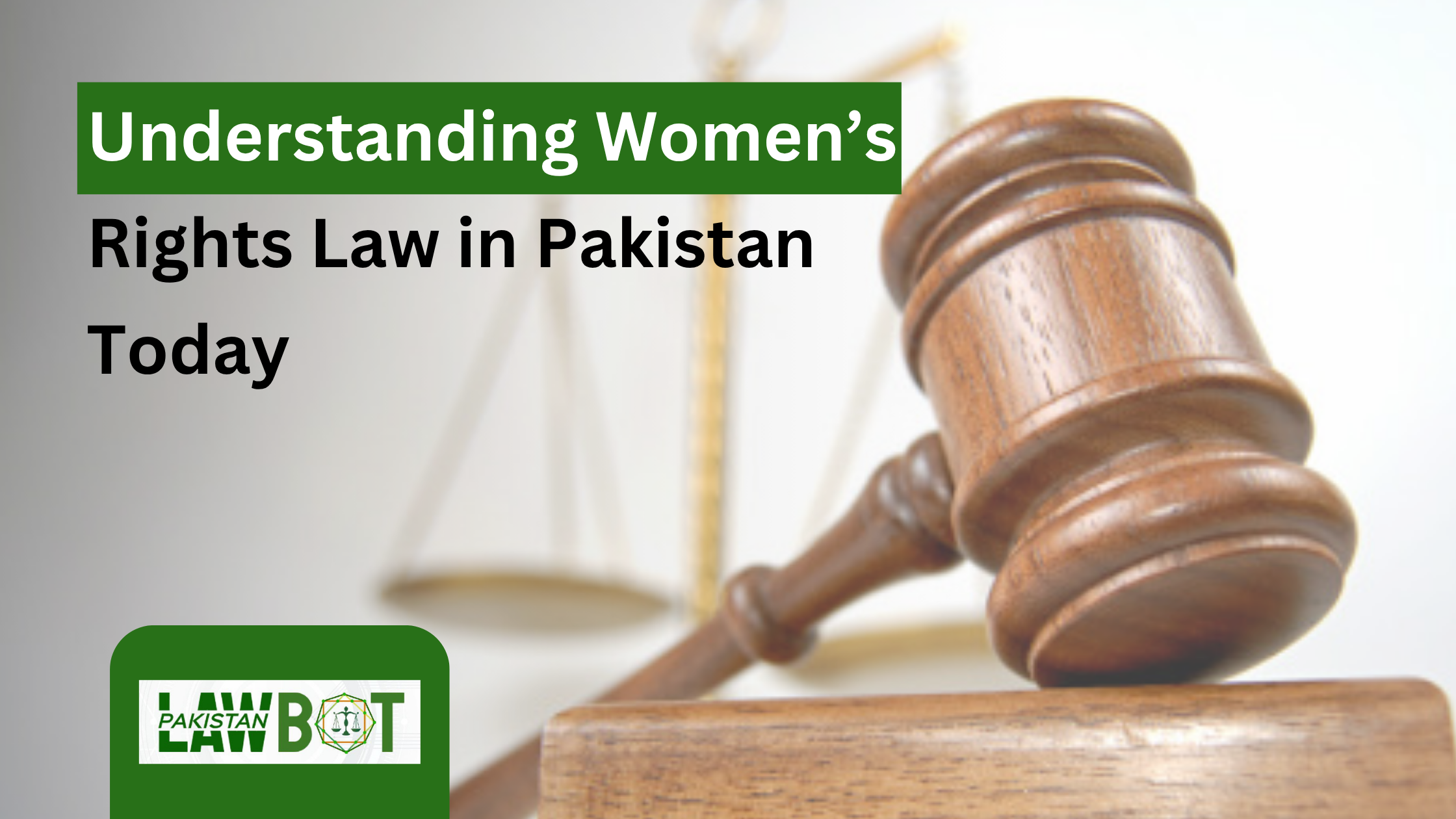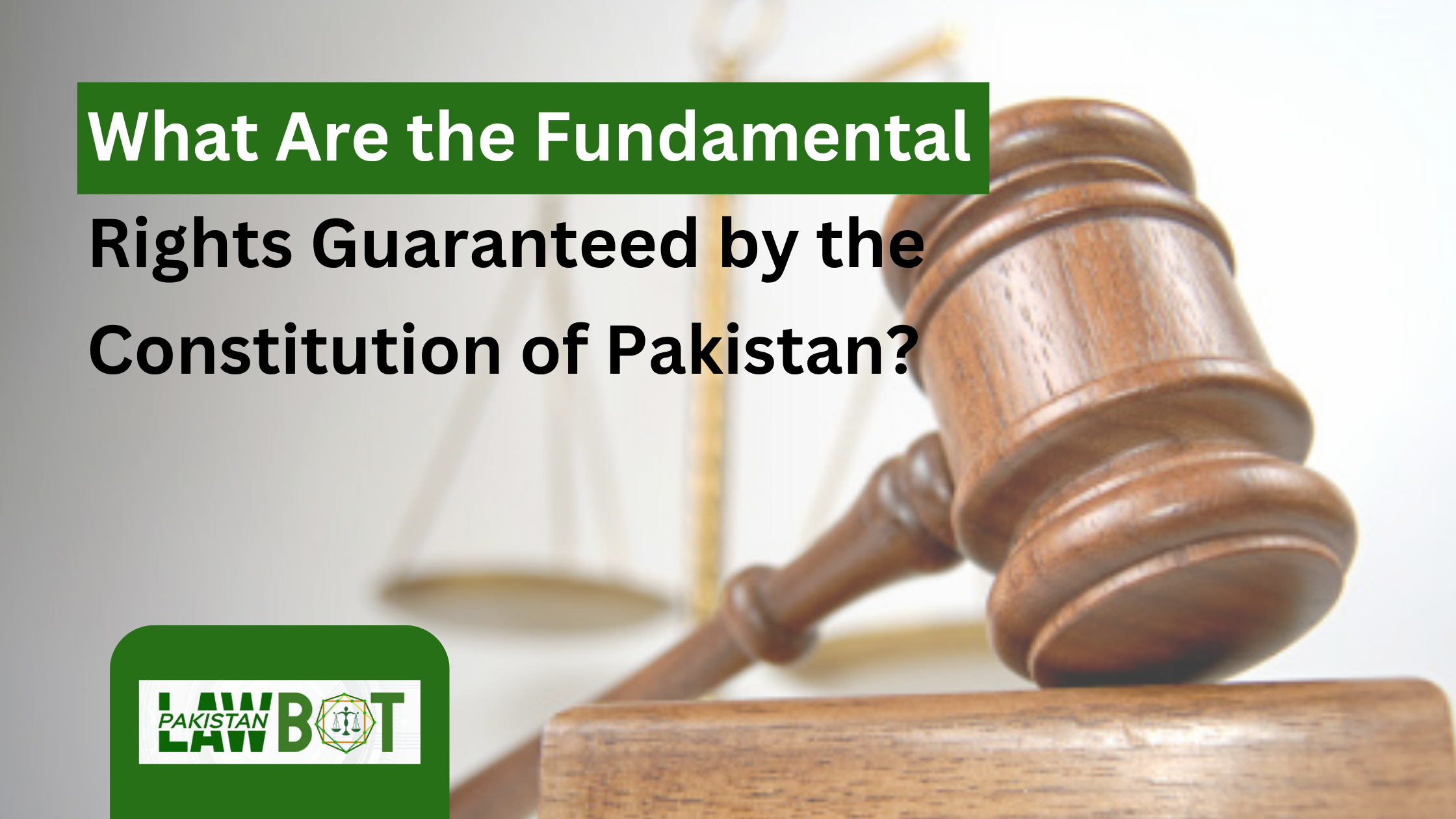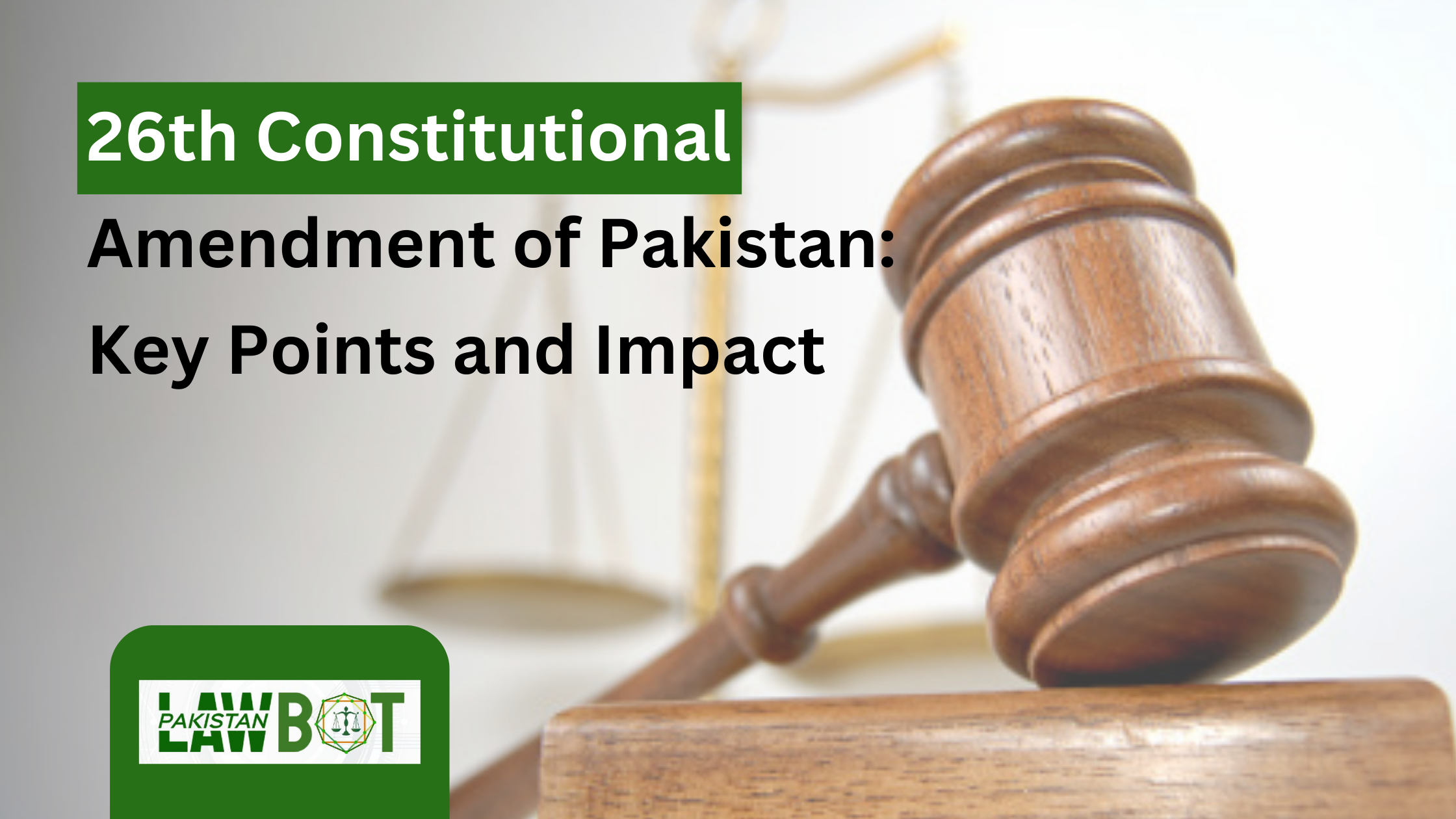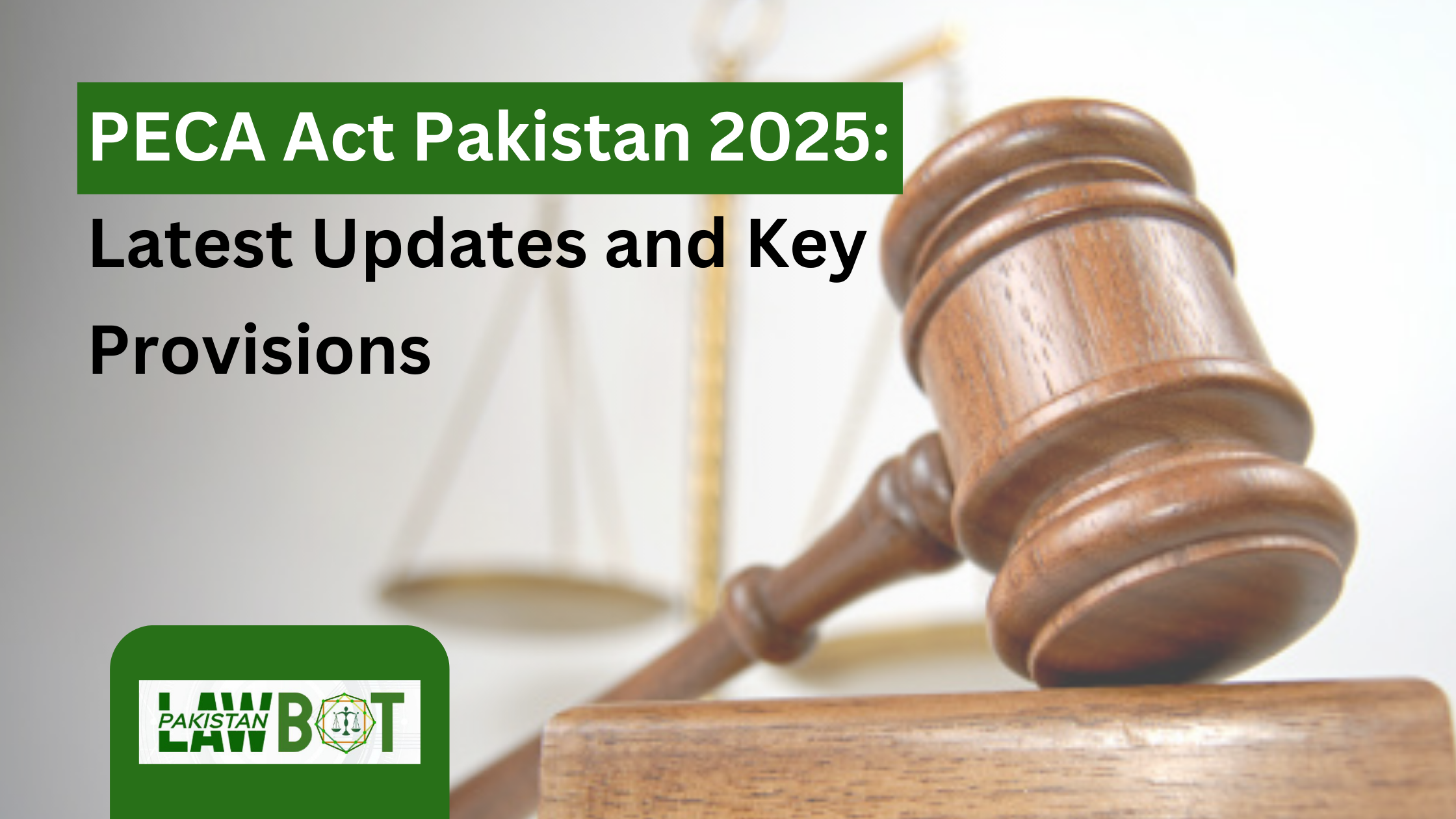Legal advice can be expensive, but in Pakistan, not everyone can afford to hire a lawyer. Thankfully, there are ways to get free legal help if you know where to look. Whether you’re facing a property dispute, a family matter, or need legal clarity, this guide explores how you can get the help you need without paying any fees.
Understanding the Need for Free Legal Aid in Pakistan
Pakistan’s legal system can be complex. Many people struggle to understand their rights or how to navigate the courts. Due to economic limitations, a large part of the population is unable to hire private legal counsel. This gap has created a demand for free legal services that are accessible, reliable, and easy to understand.
Who Can Benefit from Free Legal Help?
Anyone in Pakistan may need legal support, but free legal services are especially useful for:
-
Low-income individuals
-
Women facing domestic issues
-
Senior citizens
-
Laborers and daily wage workers
-
Students and the unemployed
Whether it’s a case of wrongful dismissal, harassment, inheritance, or tenancy problems, you don’t always need to pay to get advice.
Government-Backed Legal Aid Services
The Government of Pakistan has initiated programs to provide legal aid to the underprivileged. These initiatives are often offered through district courts or legal aid committees.
District Legal Empowerment Committees (DLECs)
The District Legal Empowerment Committees, working under the Law and Justice Commission of Pakistan, are set up in many districts. They assist citizens by:
-
Providing free legal representation in courts
-
Helping with legal documentation
-
Referring cases to pro bono lawyers
You can visit your local district court and inquire about DLEC services.
Legal Aid and Justice Authority (LAJA)
Established under an act in 2020, LAJA focuses on offering legal help to marginalized communities. They work closely with bar councils, NGOs, and legal experts to:
-
Offer legal awareness
-
Provide legal representation
-
Reduce the backlog of pending cases
For detailed procedures, citizens can visit their official website or inquire at local court offices.
Bar Councils and Free Legal Clinics
Pakistan Bar Council (PBC)
The Pakistan Bar Council, along with provincial bar councils, encourages lawyers to offer pro bono (free) services. Many bar members actively participate in legal awareness and support sessions.
University Law Clinics
Law departments at universities such as Punjab University, Karachi University, and LUMS offer student-run legal clinics. Under faculty supervision, law students provide free legal consultations and document help to:
-
Poor litigants
-
Women and children in crisis
-
Victims of workplace exploitation
These clinics are a valuable resource and often open to the public once or twice a week.
NGOs and Civil Society Organizations
Aurat Foundation
The Aurat Foundation supports women with free legal advice on issues like domestic violence, family law, and workplace harassment. They have a strong presence in major cities.
Legal Aid Society (LAS)
Based in Karachi, LAS provides legal support in criminal justice cases and works with vulnerable groups, including prisoners and victims of abuse. They also offer:
-
Legal counseling
-
Helplines
-
Representation in courts
AGHS Legal Aid Cell
Founded by the late human rights icon Asma Jahangir, AGHS Legal Aid Cell continues to offer free legal help, especially to women and children. They provide services such as:
-
Family law consultation
-
Shelter and protection referrals
-
Representation in sensitive cases
Technology-Driven Legal Help Platforms
With the rise of technology, several online platforms are now offering free legal guidance in Pakistan. These services help bridge the gap between the public and legal professionals.
Pakistan Law Bot
Pakistan Law Bot is a free, AI-powered legal chatbot that allows users to ask questions in simple English and get instant legal responses. Available 24/7, it can:
-
Explain legal procedures
-
Offer clarity on rights
-
Help users understand their legal options without any fees
You can access the platform online without creating an account.
Legal Helplines and WhatsApp Services
Several NGOs and law firms now run legal helplines and WhatsApp services for instant answers. These are particularly useful for:
-
Women in crisis
-
Victims of abuse
-
People in remote areas
Look for helpline numbers on credible NGO websites or bar council notices.
Free Legal Aid for Specific Groups
Women
Women face numerous legal challenges in Pakistan, from domestic violence to inheritance disputes. Free services such as Women Development Departments, helplines like 1099, and women-only legal aid centers are vital in offering safe and confidential legal guidance.
Prisoners
Free legal representation is often provided to prisoners, especially under-trial detainees who cannot afford a lawyer. Organizations like Justice Project Pakistan (JPP) help in such cases by offering:
-
Free representation
-
Case tracking
-
Appeals and petitions
How to Find Free Legal Help in Your Area
If you’re looking for free legal help, here’s what you can do:
Step 1: Visit Your Nearest District Court
Most district courts have legal aid desks. Ask the court administration or bar association about ongoing free legal programs or referrals.
Step 2: Contact a Legal Aid NGO
Use the internet or social media to find NGOs near you. They often advertise legal camps, awareness sessions, and helplines for the public.
Step 3: Use Online Platforms
Chatbots like Pakistan Law Bot or websites with legal FAQs can provide instant answers. It’s a great starting point before you seek physical help.
Things to Keep in Mind
While free legal services are helpful, you should be aware of a few points:
-
Always confirm the credentials of the service provider.
-
Don’t fall for scams offering “free” legal help that asks for hidden charges.
-
Be respectful of the time and availability of volunteer lawyers.
-
Keep all necessary documents ready for quicker help.
Real-Life Example
Fatima’s Story: A working woman in Lahore was being harassed at work, but didn’t know how to take action. She reached out to a local legal aid NGO through WhatsApp. Within a week, she received guidance, filed a complaint, and got support from a women’s legal center — all without paying a single rupee.
Conclusion
Free legal help in Pakistan is more accessible than most people think. From government initiatives and NGOs to digital platforms like Pakistan Law Bot, there are multiple ways to seek justice without a financial burden.
Final Tip
If you or someone you know needs legal help but can’t afford it, start by asking questions and exploring these free services. Empowerment begins with awareness, and you don’t need money to get started.


